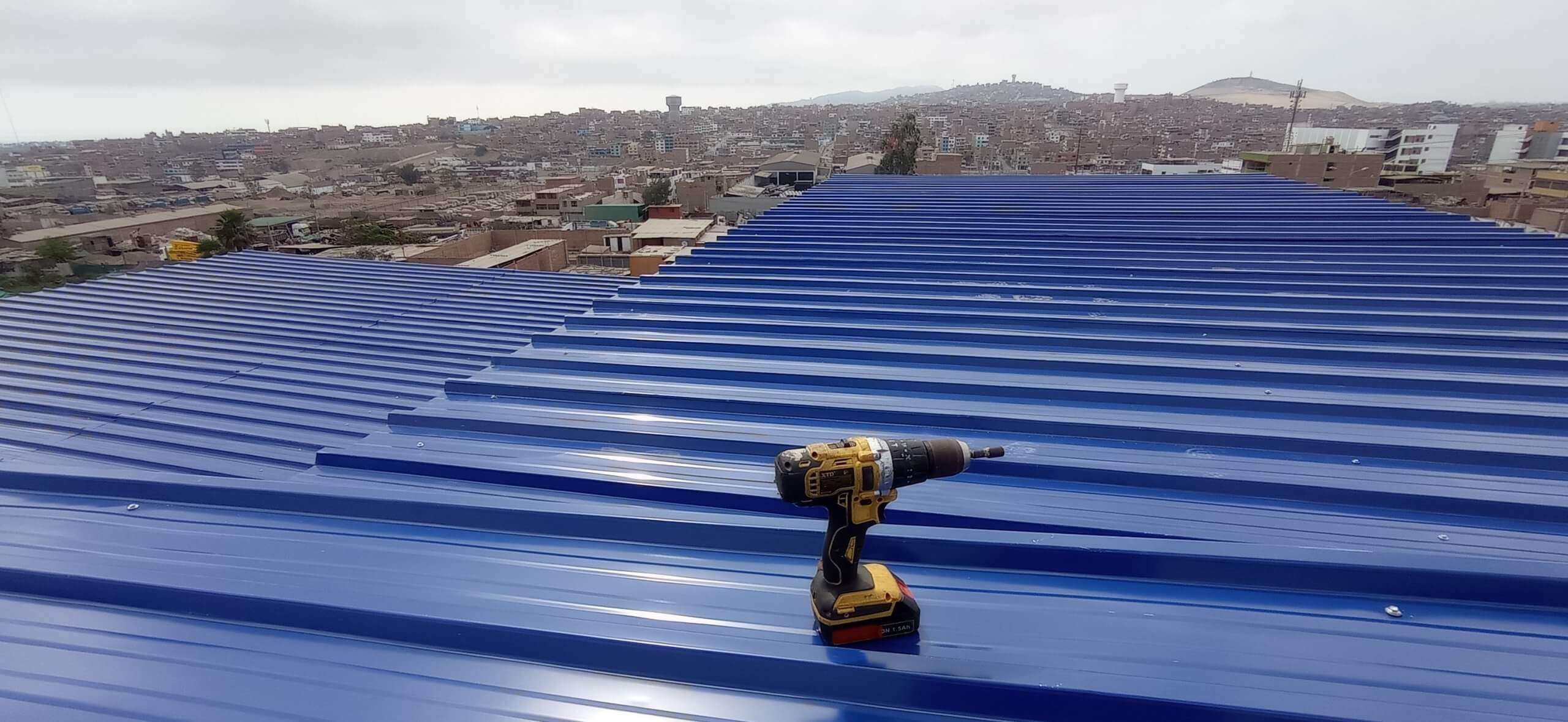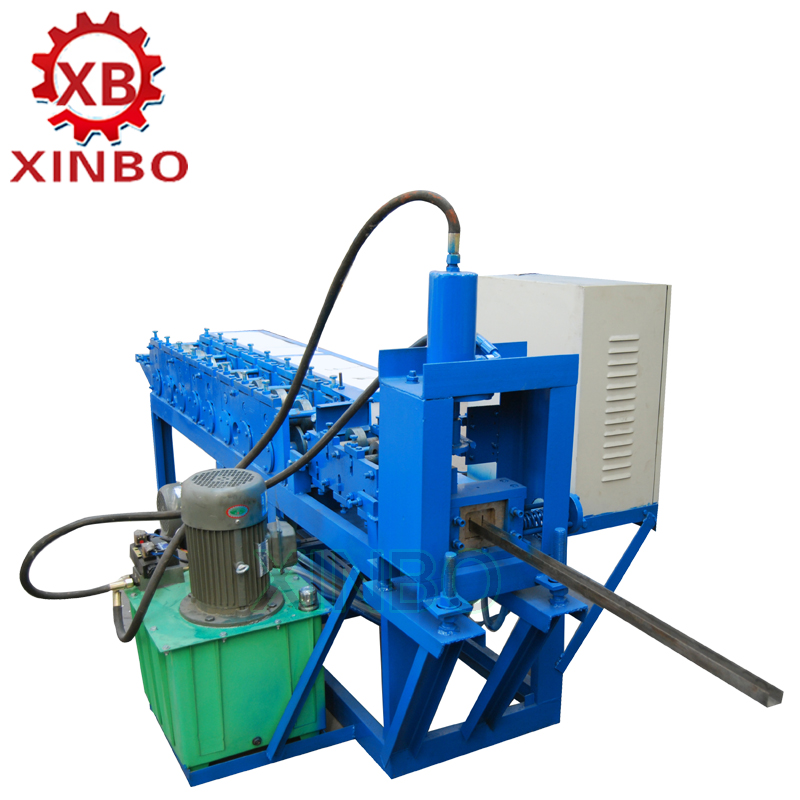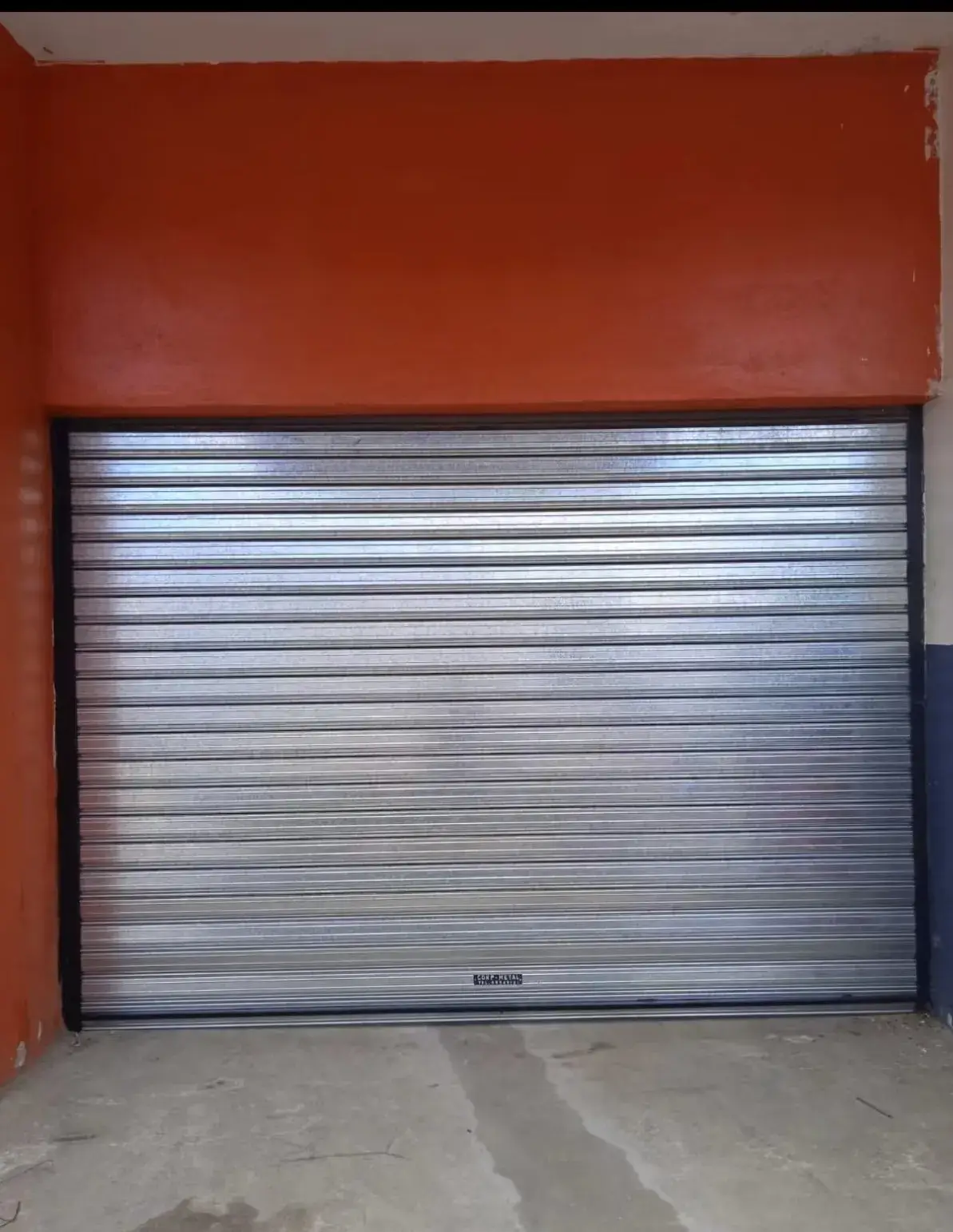Understanding Roll Forming Machine Speed: Key Factors Explained
Roll forming machines are crucial in the manufacturing sector, especially for producing various metal components. Understanding the speed of a roll forming machine is essential for optimizing production efficiency and ensuring quality in the manufacturing process. The speed at which these machines operate can significantly affect output rates, cost efficiency, and overall product integrity. This article will delve into the key factors affecting roll forming machine speed and explain their importance in production processes.
What is Roll Forming Machine Speed?
Definition and Importance
The speed of a roll forming machine refers to the rate at which the machine can shape and process materials into desired profiles. Typically measured in feet per minute, the speed directly correlates to the machine’s efficiency in producing items. Faster speeds can result in higher production volumes, reducing lead times and improving overall operational outputs. However, it is crucial to balance speed with quality, as excessive speed may compromise the final product’s precision and integrity.

How Speed Impacts Production Efficiency
Production efficiency is significantly influenced by the speed of a roll forming machine. A higher operational speed allows manufacturers to produce more parts in a given timeframe, thereby increasing throughput. This is particularly beneficial in industries where demand for particular products fluctuates. On the other hand, if the speed is too high for the material being processed or the machine settings, it can lead to defects, increased waste, and downtime due to machine adjustments or repairs. Hence, understanding the optimal speed is vital for maintaining quality while achieving efficiency.
Factors Influencing Roll Forming Machine Speed
Material Type and Properties
Metal Alloys vs. Other Materials
The type of material being processed on a roll forming machine plays a significant role in determining speed capabilities. Different metal alloys exhibit various properties, such as tensile strength and ductility, which can impact how quickly they can be formed without introducing defects. For instance, harder metals may require slower processing speeds to avoid cracking or deformation during shaping. Conversely, softer materials may be processed at higher speeds, allowing for a more efficient production rate.
Impact of Material Thickness
Material thickness also affects the speed at which a roll forming machine can operate. Thicker materials naturally demand more power and slower speeds to ensure a smooth and accurate forming process. Operating at inadequate speeds with thick materials can lead to excessive wear on machine components and potential failures. Therefore, manufacturers must consider material thickness carefully when determining optimal machine speeds to enhance both productivity and machine longevity.
Design of the Roll Forming Machine
Number and Type of Stations
The design characteristics of a roll forming machine can also influence its operational speed. Machines equipped with multiple stations can perform more processes simultaneously, thereby boosting production speed. The type of stations—whether they are for pre-cutting, the rolling process, or post-processing—also plays a role. A well-designed machine that maximizes the efficiency of its stations can facilitate higher speeds and better production rates.
Alignment and Adjustment Settings
Proper alignment and adjustment settings are crucial for maintaining optimal machine speed. Misalignments can cause unnecessary vibrations and reduced efficiency, leading to slower processing times and increased wear on the machine. Frequent adjustments might be needed to maintain performance, which can affect workflow continuity. Therefore, ensuring the machine is set up correctly from the beginning is essential to achieve desirable speeds.
Lubrication and Cooling Systems
Role in Speed Optimization
The lubrication and cooling systems in a roll forming machine have a direct impact on speed optimization. Adequate lubrication reduces friction between components, allowing the machine to operate smoother and faster. Costly maintenance issues can arise without proper lubrication, thus slowing down production. Furthermore, cooling systems help to dissipate heat generated during operation, which is crucial to maintaining optimal speeds and preventing unintended thermal damage to both the materials and machine components.
Maintenance Requirements
Regular maintenance of lubrication and cooling systems is essential for sustaining high operational speeds. Neglecting these systems may lead to overheating and breakdowns, which could halt production. Scheduled maintenance checks help ensure these systems work efficiently, allowing the machine to operate at optimal speeds consistently.
Technological Advancements Affecting Speed
Automation and Control Systems
Importance of Software Integration
Automation and control systems are increasingly vital in enhancing the speed of roll forming machines. Software integration allows for more precise control over machine operations and speeds, ensuring that production runs smoothly. By leveraging advanced algorithms, manufacturers can optimize production schedules and adjust speeds dynamically based on real-time data. This capability helps maintain quality while minimizing disruptions in production flow.
Benefits of Sensor Technology
Sensor technology plays a critical role in monitoring various factors that affect roll forming machine speed. Sensors can detect pressure, temperature, and alignment conditions, allowing for immediate adjustments as necessary. This real-time feedback enables operators to maintain optimal speeds, improving overall production efficiency. With the integration of advanced sensors, manufacturers can anticipate potential issues before they lead to slowdowns or additional costs.
Power Requirements for Optimal Performance
Energy Consumption Considerations
The energy requirements of roll forming machines impact their operational speed. High-speed operations generally demand a significant amount of power, which can lead to increased energy costs. It is essential to assess the energy consumption levels of a roll forming machine to ensure that adequate power is available without causing undue strain on resources. Striking a balance between speed and energy efficiency is particularly important for long-term operational sustainability.
Electrical and Mechanical Components
The efficiency of electrical and mechanical components within a roll forming machine also affects speed. High-quality components often lead to improved performance, allowing for faster operations without compromising reliability. Regular checks and replacements of these components as needed can help maintain optimal speed capabilities. Ensuring that all machine parts are functioning correctly will support enhanced production without delays caused by mechanical failures.
Common Challenges in Managing Machine Speed
Overcoming Technical Limitations
Managing the speed of a roll forming machine involves navigating various technical limitations that can hinder performance. Variations in material properties, machine design constraints, and environmental factors may pose challenges when aiming for optimal speeds. For instance, if the machine is not designed to handle heavy loads adequately or if material characteristics are underestimated, it can lead to slower operational efficiencies. It is essential to continually assess and adjust the technology and processes in use to align with the evolving demands of production.
Furthermore, a thorough understanding of the machine’s capabilities and limitations enables manufacturers to implement better solutions. For example, regularly updating software and hardware can enhance machine performance and speed. Additionally, investing in modern machinery equipped with advanced control systems can yield significant improvements in speed management. Manufacturers may also benefit from collaborating with experts to analyze and overcome specific technical challenges hindering productivity levels.
Addressing Wear and Tear on Equipment
Wear and tear on equipment is a significant concern that affects the speed of a roll forming machine over time. Continuous operation leads to the gradual degradation of parts, especially those subject to high levels of friction or stress. Components such as rollers, gears, and bearings must be monitored closely for signs of wear, as degraded performance in any part can slow down overall machine speed. Proactive measures are crucial to mitigate the effects of wear and ensure the machine operates at optimal levels.
Implementing a reliable maintenance strategy can significantly reduce the risk of unexpected downtimes. Scheduled inspections and timely replacements of worn-out parts help maintain consistent speeds and quality outputs. Manufacturers should also look into sourcing high-quality replacement parts that can withstand the demands of high-speed production. By prioritizing equipment maintenance and investing in durable components, manufacturers can enhance the long-term efficacy of their roll forming machines.

Practical Tips for Enhancing Machine Speed
Regular Maintenance Schedules
Importance and Guidelines
Establishing regular maintenance schedules is fundamental to maximizing the speed of roll forming machines. A well-crafted maintenance plan ensures that all machine components are inspected, adjusted, and lubricated as needed, ultimately preventing issues that slow down production. The importance of routine maintenance cannot be overstated, as neglecting such practices can lead to larger problems down the line.
Guidelines for effective maintenance include conducting daily checks on critical parts, such as lubricating systems and cooling mechanisms. Additionally, creating a detailed log of maintenance activities allows for better tracking of the machine’s condition over time. It is beneficial to customize maintenance schedules based on production volume and usage patterns to ensure the machine remains in peak condition.
Operator Training Programs
Investing in operator training programs is essential for enhancing machine speed and ensuring optimal performance. Trained operators are better equipped to understand the intricacies of the roll forming machine, enabling them to adjustments and optimizations that facilitate higher speeds. Regular training sessions help keep operators updated on technological advancements and best practices related to machine operation.
Comprehensive training should include topics such as machine setup, material handling, and troubleshooting. The goal is to develop a skillful workforce that can maintain high production rates while minimizing errors. A well-trained team can identify potential bottlenecks and respond swiftly to issues, ultimately supporting continued operational speed and efficiency.
Introduction to Xinbo’s Expertise in Roll Forming Machines
Company Background
Xinbo is a leading manufacturer specializing in roll forming machines, committed to delivering high-quality products that meet the diverse needs of the metal forming industry. With years of experience and a solid reputation, the company has positioned itself at the forefront of technological advancements in roll forming. Xinbo’s array of roll forming machines are designed with optimal speed and efficiency in mind, catering to various applications across multiple industries.
The company prides itself on its dedication to innovation, investing in research and development to enhance products continually. This approach not only ensures that Xinbo remains competitive but also allows customers to benefit from the latest advancements in roll forming technology. With a customer-focused philosophy, Xinbo provides exceptional service and support, alongside its high-performance machinery.
Overview of Products and Services
Xinbo offers a comprehensive range of roll forming machines tailored to meet various manufacturing needs. Their product line includes different types of roll forming systems equipped with advanced features designed to optimize speed and production capabilities. Additionally, Xinbo provides customization options, allowing clients to specify machine configurations to suit their unique production requirements.
Beyond manufacturing machines, Xinbo also offers technical support and training services designed to empower clients to operate their machinery effectively. The combination of high-quality products and exceptional support sets Xinbo apart as a trusted resource for businesses seeking to improve their roll forming processes and overall operational speed.
Innovations by Xinbo Enhancing Machine Speeds
Innovations play a pivotal role in enhancing the speed of roll forming machines, and Xinbo is at the forefront of these advancements. The company has developed various technologies aimed at increasing efficiency, such as improved power transmission systems that allow for faster processing speeds without sacrificing quality. With careful engineering, these innovations reduce energy consumption while maximizing output.
Furthermore, Xinbo focuses on integrating automation and smart technology into its machines. This includes the implementation of advanced control systems that provide real-time feedback and adjustments, leading to optimal operating speeds. The use of automation reduces human error and ensures that the machine remains at peak performance levels throughout production runs. Xinbo’s commitment to innovation is clear in its ongoing efforts to push the boundaries of what is possible with roll forming machinery.
As the industry evolves, Xinbo remains dedicated to advancing its technology, ensuring that clients can efficiently produce high-quality metal components while benefiting from increased speeds and reduced operational costs.

Good quality
XinBo machine making CO. LTD is a professional manufacturer and exporter in roll forming machine,
VIEW MORE→

 Spanish
Spanish Russia
Russia







